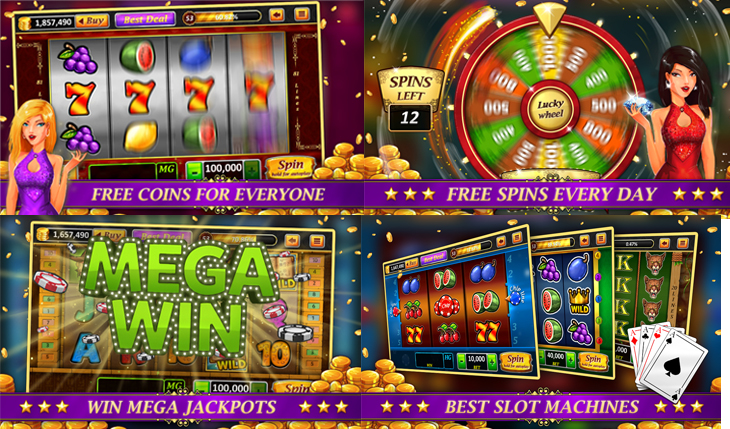Online gaming has evolved far beyond just a hobby or pastime; it has become a thriving ecosystem with intricate virtual economies that mirror real-world markets. Players don’t just level up or unlock new skins anymore—they trade, barter, and invest in virtual goods and services. These virtual economies play a key role in shaping Hoki805 online gaming communities, influencing everything from gameplay experiences to social interactions and financial behavior.
What Is Virtual Economy in Online Games?
A virtual economy refers to the system of digital assets, currencies, and transactions that exist within a game. Unlike traditional currencies, these in-game economies operate through virtual money (such as V-Bucks in Fortnite, or gold in World of Warcraft), items, or even time. In games with highly interactive economies, players can engage in activities like farming resources, crafting items, trading, and creating content. These elements can hold real-world value, with some players making actual money by selling virtual goods or offering services.
A prime example of a virtual economy is Second Life, where users can create and trade everything from clothing to real estate. More recently, battle royale games like Fortnite and Apex Legends introduced skins, emotes, and limited-time cosmetics, leading to a bustling marketplace within the game itself.
The Growth of Player-to-Player Transactions
As online games become more sophisticated, so too do their economies. A growing trend is the rise of player-to-player (P2P) transactions, where players exchange in-game items for virtual currency or even real money. For instance, in games like CS:GO or Dota 2, players can buy, sell, or trade skins—cosmetic items that alter the appearance of a player’s weapons or characters. These skins have become so valuable that they’ve become collectible assets, and some rare skins can be sold for thousands of dollars.
In games with trading systems, players act as both consumers and creators. This has created a robust market for user-generated content, such as in Minecraft, where users design custom skins, mods, and server experiences, selling them within dedicated communities. These economies can extend beyond the game itself, with some players making a career out of selling these items or even providing services like game coaching or content creation.
Virtual Goods and Its Real-World Impact
While virtual economies may seem detached from the real world, they can have substantial real-world consequences. The trading and selling of virtual goods can lead to financial opportunities for gamers. This has been amplified by the rise of esports, where sponsorships, tournaments, and streaming have created platforms where gamers can earn substantial incomes.
Furthermore, the psychology of buying virtual goods has been studied in recent years, showing that gamers often find value in items that have a “scarcity” component. Items that are rare or tied to limited-time events often fetch higher prices and create a sense of exclusivity. For some players, the act of collecting rare in-game items has become as important as the game itself, leading to a booming market for trading and selling.
In certain cases, these virtual economies have even been linked to issues such as addiction or excessive spending, particularly in “pay-to-win” models where players can purchase advantages. Games with loot boxes, for instance, often draw the ire of regulators and players alike due to their potential for gambling-like behavior.
Community Dynamics and Social Impact
The virtual economy isn’t just about transactions—it’s about community. Virtual economies can foster tight-knit groups of players who come together to trade, collaborate, and support one another. Communities can thrive within specific game economies, and social interactions are often centered around the economy itself.
In multiplayer games like EVE Online, players participate in large-scale economic systems where alliances and factions work together to control resources and create trade networks. The game is known for its complex player-driven economy, where an entire player-run market can influence the political and strategic decisions within the game.
Players who specialize in certain economic roles, such as miners, traders, or crafters, often become influential figures within these communities, earning recognition, respect, and even wealth. This dynamic mimics real-world professions, as the game’s economy allows individuals to carve out their own space based on skill and strategy.
